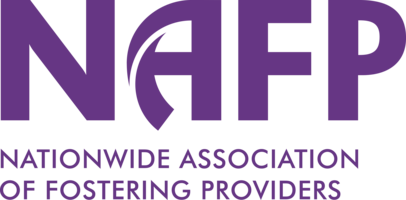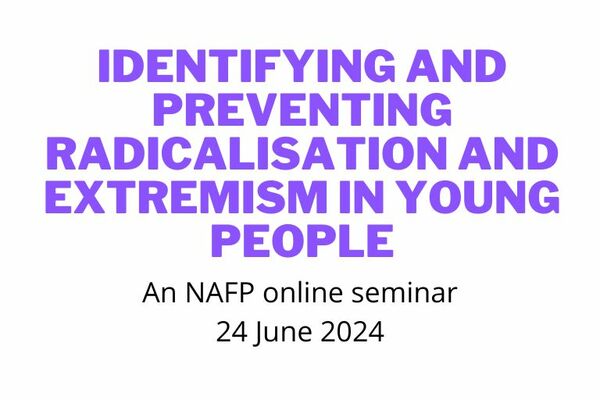The threat of terrorism to the UK is severe. The primary domestic risk in the UK comes from Islamic terrorism. Of late, the media headlines frequently highlight terrorism attacks from people that have been radicalised, this also includes many young people. It is widely reported that the internet, especially the dark web plays a significant role in grooming and recruiting young people into becoming radicalised and sympathetic to causes of war. The government introduced the Prevent and CONTEST strategy in 2003, to deal with the rising cases. It has four key areas Prevent, Pursue, Protect and Prepare. Prevent plays a vital role in in tackling ideologies that may present a risk. As part of tackling terrorism, the police use special powers under Schedule 7 of the Terrorism Act 2000, that allows them to conduct stops at ports. Since March 2017, MI5 and the police have disrupted 39 late stage attacks by working across the Counter Terrorism system.
In March 2024, the government revised the Prevent duty guidance for England and Wales. The guidance illustrates the roles that all partner agencies play in prevention through reporting and safeguarding. In addition, to using early intervention to identify people who are suspectable to radicalisation reporting concerns into Channel and agreeing a package of support for the person at risk. The overall aim is to reduce risk and keep the person under review.
This seminar is designed to empower and improve participants knowledge about the associated risks of radicalisation and extremism in society, that poses a threat to young and vulnerable people in our communities. This seminar will explore in detail the great risks posed to young people, the methods of grooming and recruiting. It will explore the governments Prevent and CONTEST strategy and the role foster carers play in educating, detecting, and safeguarding their looked after child.
Aims and objectives
What is radicalisation and extremism?
Which young people are most vulnerable and may be at greater risk?
What signs and risk indicators should a foster carer be looking for?
The role of safeguarding young people at risk in line with the legislation.
What is the Prevent and CONTEST and how do partner agencies work together?
How can carers use CONTEST and Prevent to educate young people?
How to support young people at risk of radicalisation and internet safety.
At the end of the session participants will have:
- Improved knowledge and understanding about radicalisation and extremism
- Improved knowledge and understanding of what young people are most vulnerable and at risk
- Improved knowledge and understanding of the signs and risk indicators of radicalisation and extremists’ views
- Improved knowledge and understanding of the role of safeguarding young people at risk in line with the legislation
- Improved knowledge and understanding about Prevent and CONTEST and the role of partner agencies working together with Channel
- Improved knowledge and understanding about how to support young people at risk of radicalisation and how to maximise internet safety
About the trainer
Angie Power works with dialogue, a leading national company in safeguarding training and support for children in care. She is an inspirational diversity consultant who works with young people, police, professionals, foster care and residential staff on a wide range of areas. These include extremism, radicalisation, Prevent and the CONTEST strategy programme. Angie was a member of Cheshire constabulary’s counter terrorism force championship group and gets excellent feedback on her training that is very oriented towards practice.
(this event will be hosted on Zoom - accessibility; delegates will be emailed details of how to join a few days beforehand)





